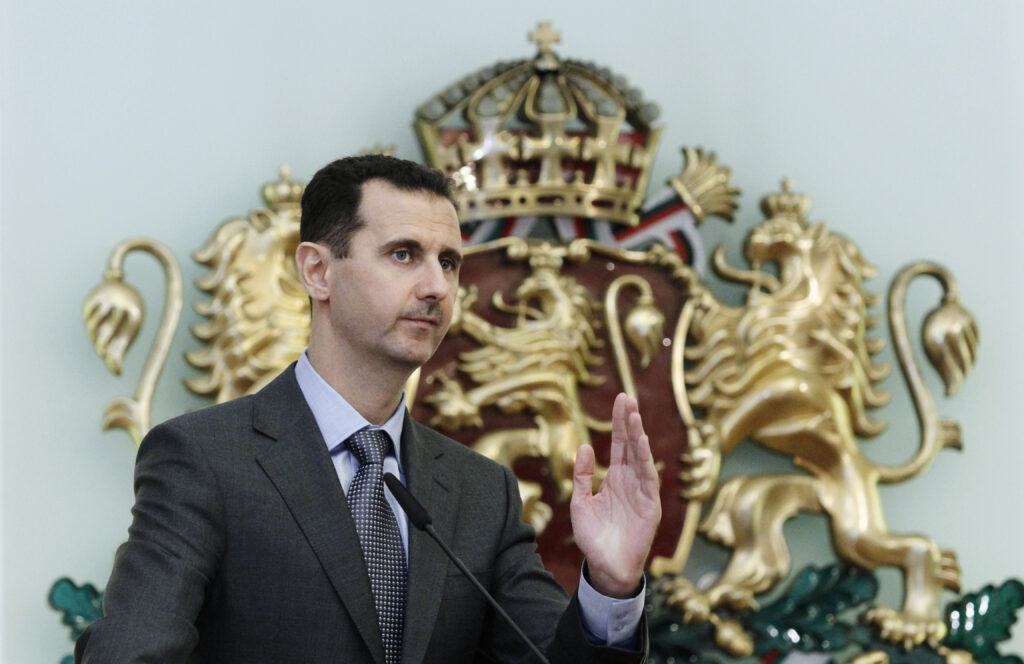The Assad family’s 54-year grip on Syria ended abruptly on Sunday as President Bashar al-Assad’s government fell. A surprise rebel offensive swept through government-held areas in just 10 days, reaching the capital, Damascus, and forcing Assad into hiding.
A Legacy of Conflict and Division
Bashar al-Assad came to power in 2000, following the death of his father, Hafez al-Assad, who had ruled for nearly 30 years. Initially viewed as a potential reformer, Bashar’s leadership quickly became defined by repression and conflict. Protests against his rule in 2011 escalated into a brutal civil war, leading to nearly 500,000 deaths and the displacement of half of Syria’s population.
Throughout the conflict, Assad relied heavily on military support from Russia and Iran. His forces used overwhelming firepower to suppress opposition, drawing widespread international condemnation for human rights abuses, including torture and extrajudicial killings.
Despite regaining much of Syria’s territory in recent years, Assad’s position remained precarious. Geopolitical shifts and internal pressures culminated in the November rebel offensive, which overwhelmed government forces. With allies like Russia and Iran focused on other conflicts, support for Assad dwindled, hastening his downfall.
The collapse of Assad’s government has plunged Syria into uncertainty. Opposition groups now control the country, but questions about rebuilding and leadership remain unanswered. The end of Assad’s rule may close a chapter of autocratic governance, but it leaves Syria at a crossroads as it faces the challenges of recovery and reconciliation.
